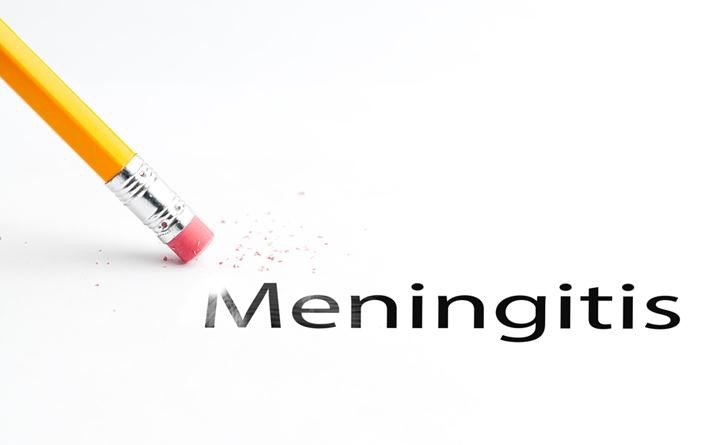Bacterial meningitis is the most dangerous and potentially deadly form of meningitis. It occurs when bacteria enter the blood stream and migrate to the brain or spinal cord. If it is not detected and treated quickly, serious complications or even death can occur.
Risk Factors
There are some people who are at a higher risk of developing bacterial meningitis. Some common risk factors include:
- Skipping Vaccinations – If you have not finished the schedule of recommended vaccinations for your age group, you will have a higher risk for meningitis.
- Age – Bacterial meningitis most commonly affects people who are under the age of 20 years old, especially those who live in a community environment.
- Living in Community Setting – Because bacterium spreads via the respiratory system, it tends to spread quickly wherever large groups congregate. Therefore, college students who live in dormitories, military personnel living on base, and children in child care facilities have an increased risk for bacterial meningitis.
- Pregnancy – Pregnant women have a higher risk for contracted listeriosis, which is one of the infections that leads to bacterial meningitis. Listeriosis also puts the unborn child at a greater risk as well.
- Compromised Immune System – AIDS, alcoholism, diabetes, removal of the spleen, or use of immunosuppressant drugs are all factors that can compromise your immune system. Because your immune system isn’t working to full capacity, you will also have an increased risk for meningitis.
Prevention
If you are at risk, there are several things you can do to help prevent meningitis. First of all, there are several different vaccinations that work to prevent the spread of bacterial meningitis. Depending on age and other health factors, your health care provider can recommend the right vaccination for you or your child.
On a day-to-day basis, there are other simple steps you can take to prevent the spread of bacteria that can cause meningitis:
- Wash your hands. It is important to wash your hands often, especially before eating, after using the toilet, after spending time in a crowded public place, or after petting animals. Careful hand washing is perhaps the most important habit that reduces exposure to infectious agents.
- Practice good hygiene. Meningitis usually results from contagious infections, and common bacteria that can lead to meningitis is easily spread through coughing, sneezing, kissing, or sharing things like eating utensils, toothbrushes, lip balms, drinks, or cigarettes. Avoiding this is important for prevention of highly contagious illnesses like meningitis.
- Maintain a good immune system. Stay as healthy as possible by exercising regularly, getting plenty of rest, and eating a healthy diet with a good balance of fresh fruits, vegetables, and whole grains.
- Cover your mouth. To avoid spreading any bacteria to anyone around you, make sure to always cover your mouth and nose when coughing or sneezing.
- Pregnant women must be careful with food because they are at a higher risk for infections such as listeriosis. It is important to cook meat (including hot dogs and deli meat) to 165 degrees Fahrenheit. Also, don’t eat types of cheese that aren’t clearly labeled that they were made with pasteurized milk. Unpasteurized milk is more likely to carry some kinds of bacteria.
Featured Image Source: DepositPhoto / DmytroKozak



